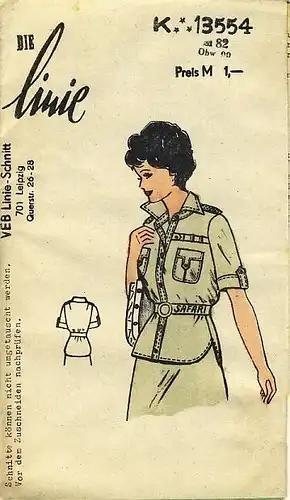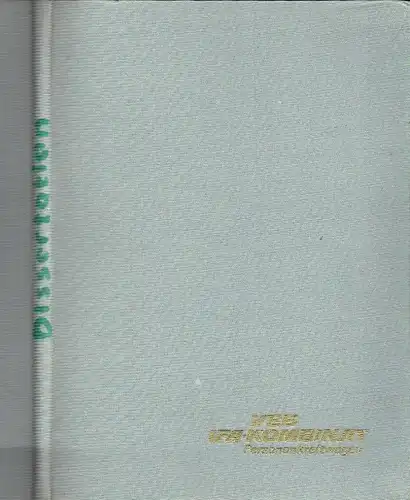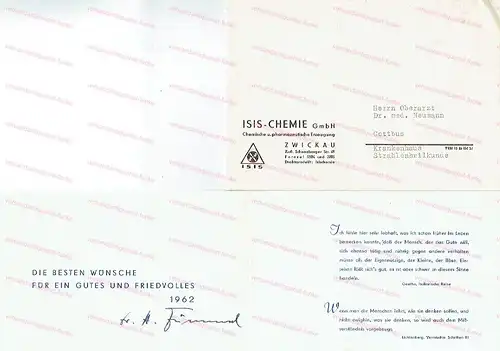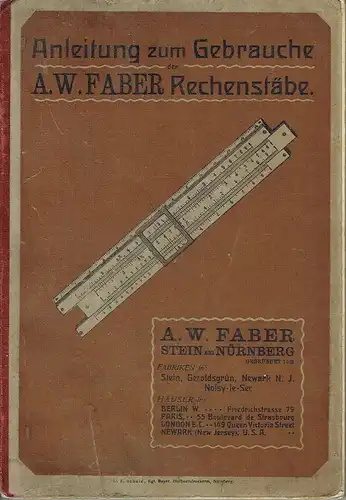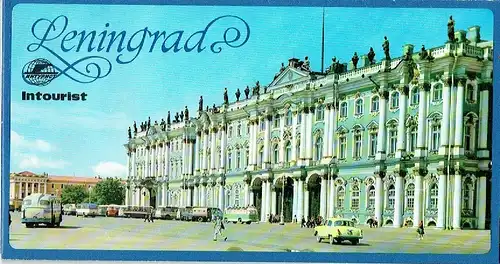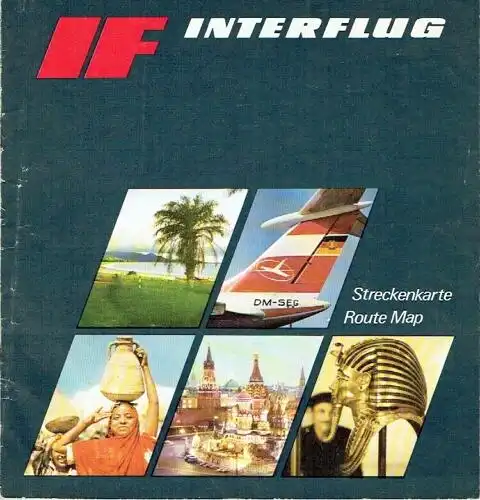| Deutschland | Standard | 7 bis 10 Werktage |
| Deutschland | Express | 8 bis 12 Werktage |
| Europa | Standard | 9 bis 14 Werktage |
| Europa | Express | 8 bis 13 Werktage |
| weltweit | Standard | 25 bis 45 Werktage |
| weltweit | Express | 10 bis 16 Werktage |
| Stückzahl | Homezone | Zone 1 | Zone 2 | Zone 3 |
|---|---|---|---|---|
| Ab 1 € versichert | 5,00 € | 5,00 € | 5,00 € | |
| Versandkostenfrei ab Bestellwert in € |
1,00 € |
| Bestellwert in € | Homezone | Zone 1 | Zone 2 | Zone 3 |
|---|---|---|---|---|
| bis 35 | 0,00 € | 15,00 € | 19,00 € | 40,00 € |
| bis 100 | 0,00 € | 15,00 € | 19,00 € | 40,00 € |
| bis 200 | 0,00 € | 15,00 € | 19,00 € | 40,00 € |
| bis 300 | 0,00 € | 15,00 € | 19,00 € | 40,00 € |
| bis 499 | 0,00 € | 15,00 € | 19,00 € | 40,00 € |
| darüber | 0,00 € |
Rasche, transparente Abwicklung
Sehr Gut Weiter so
Für den internationalen Versand sind erhebliche Verbesserungen erforderlich. Hier muss eine klare Vereinbarung mit dem Versender getroffen werden und es ist notwendig, mit zuverlässigen und bewährten internationalen Frachtunternehmen zusammenzuarbeiten. Andernfalls kann es zu zahlreichen Störungen und Unzufriedenheit der Kunden kommen.
Vielen Dank!
